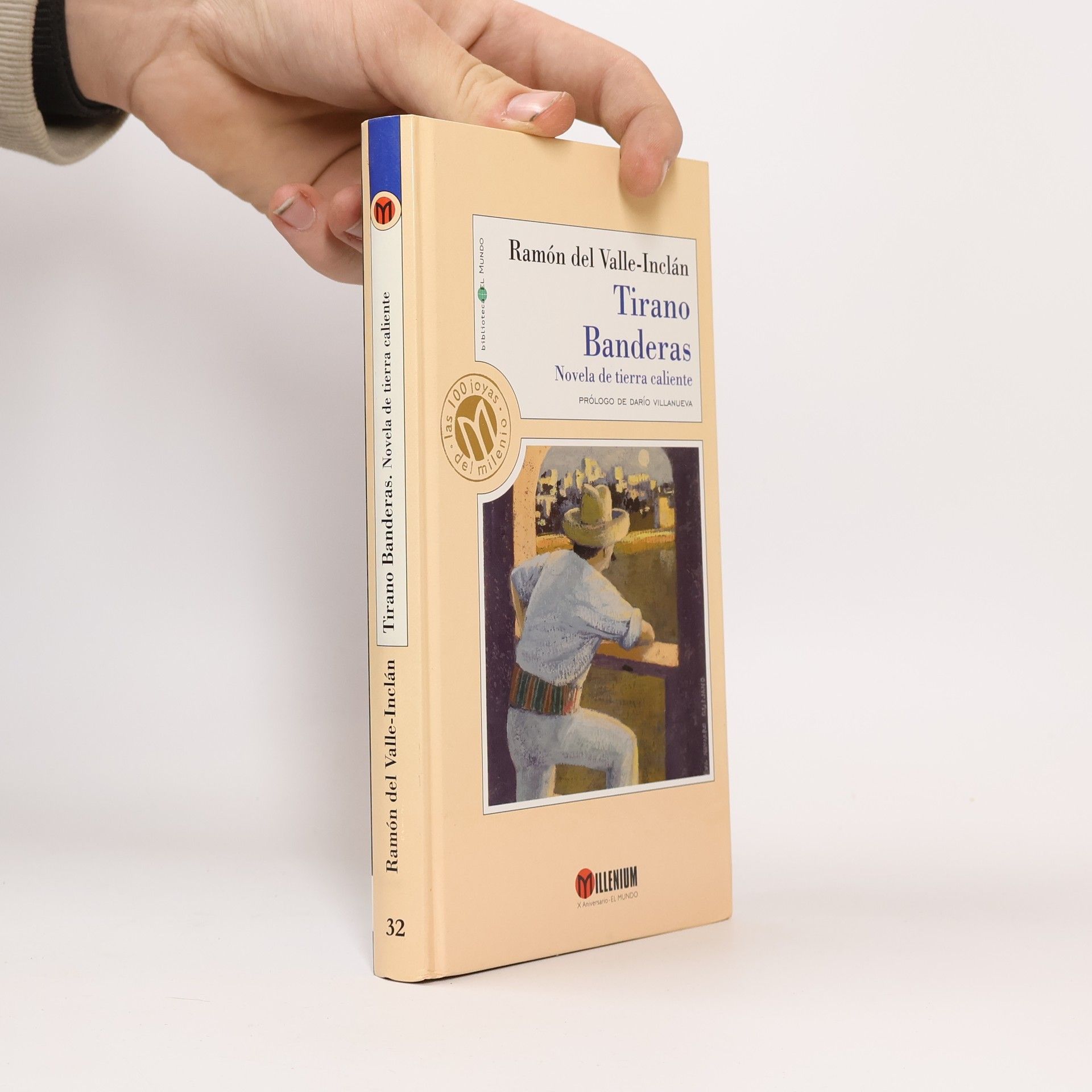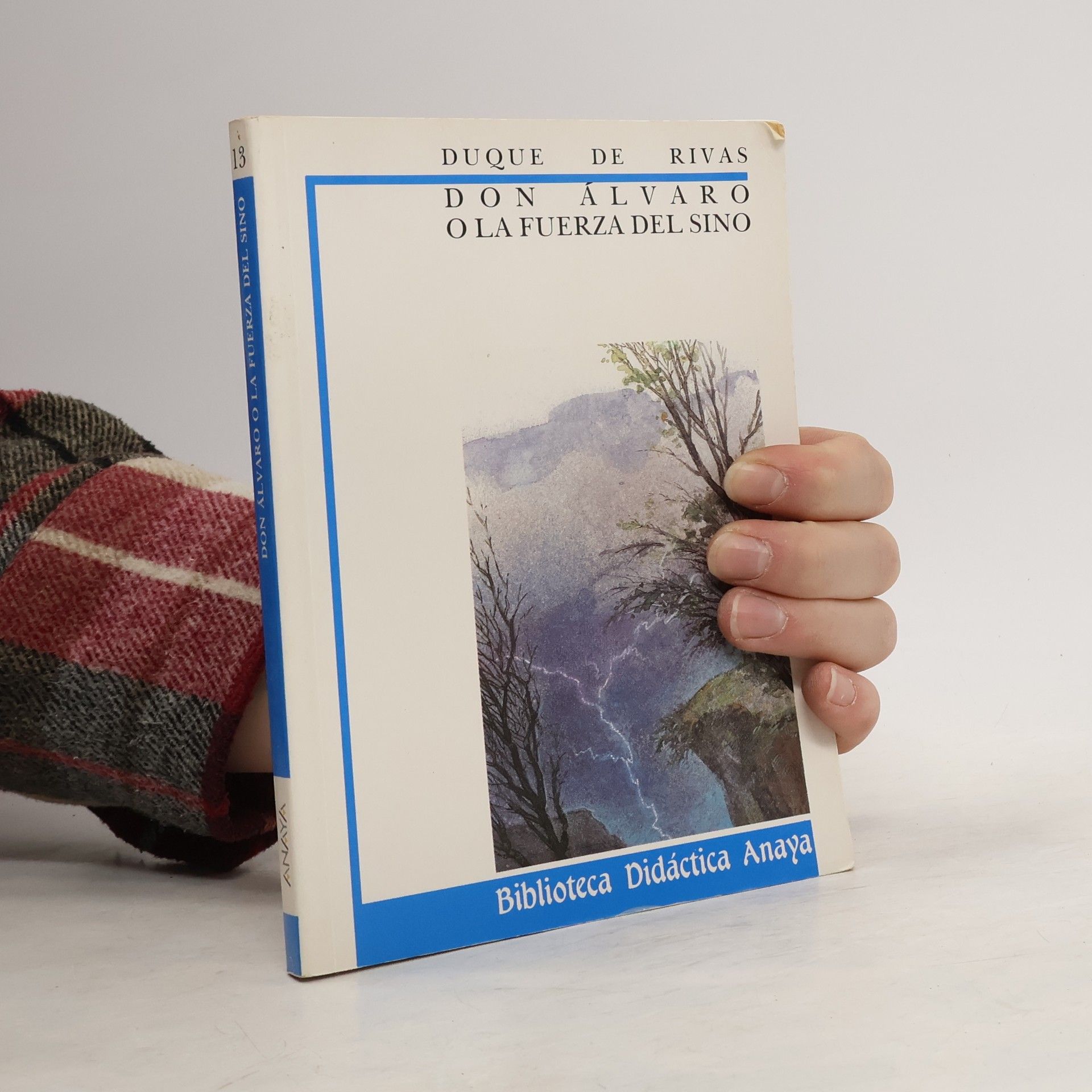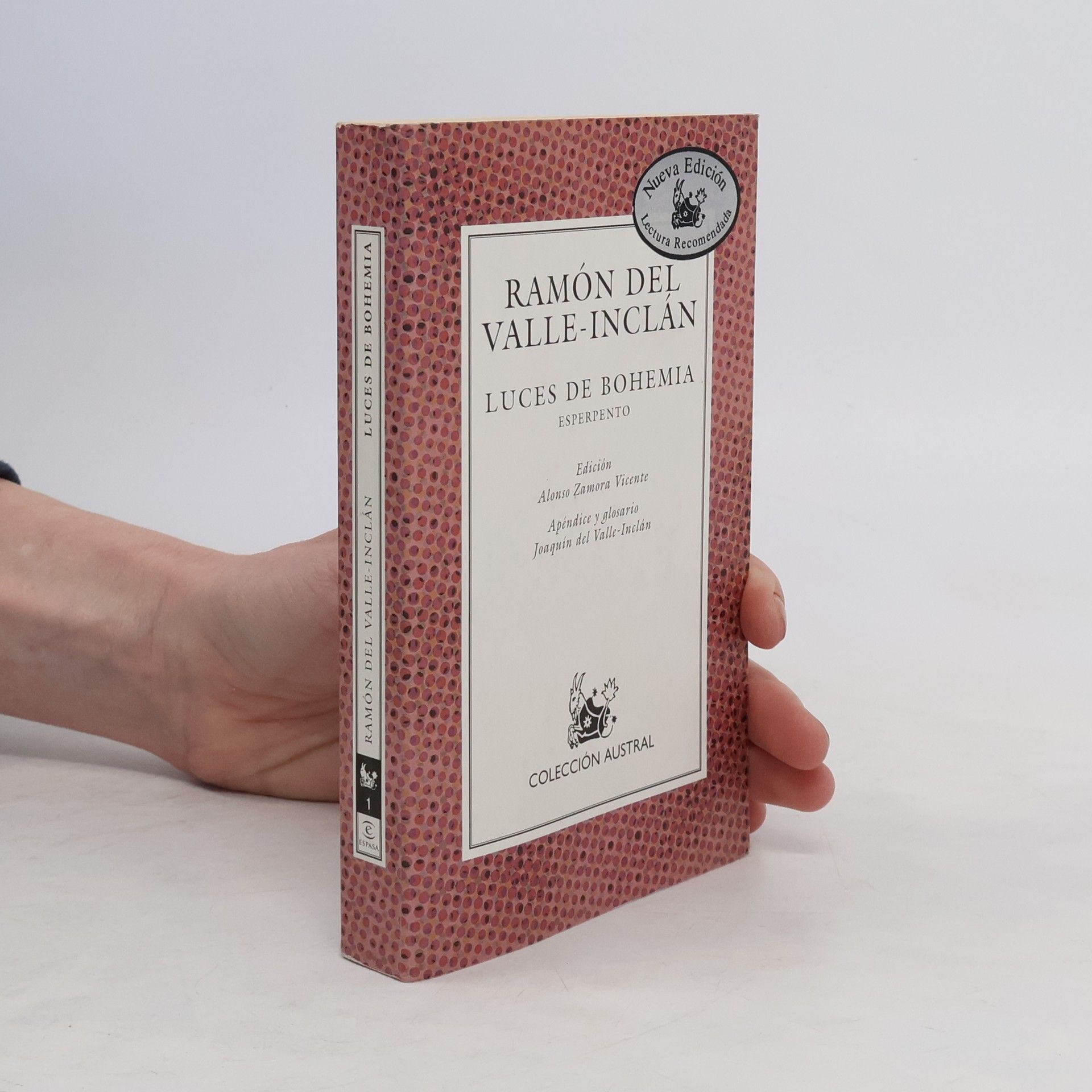Novely, ľúbostné príbehy nestarnúceho donchuana. Škaredý, pobožný a sentimentálny markíz Bradomin rozpráva svoje dobrodružstvá.
Ramón María del Valle-Inclán Knihy
Ramón del Valle-Inclán majstrovsky skúmal groteskné a tragikomické aspekty života, najmä vo svojom literárnom štýle nazývanom esperpento. Táto technika, ktorú opísal ako hľadanie „komickej stránky tragédie života“, sa vyznačuje surovým a často znepokojivým pohľadom na realitu. Jeho dielo, ktoré zahŕňa romány aj divadelné hry, je cenené pre svoju jedinečnú štylistickú obratnosť a hlboký vhľad do ľudskej povahy. Valle-Inclán zanechal nezmazateľnú stopu v španielskej literatúre, ktorej vplyv je badateľný dodnes.
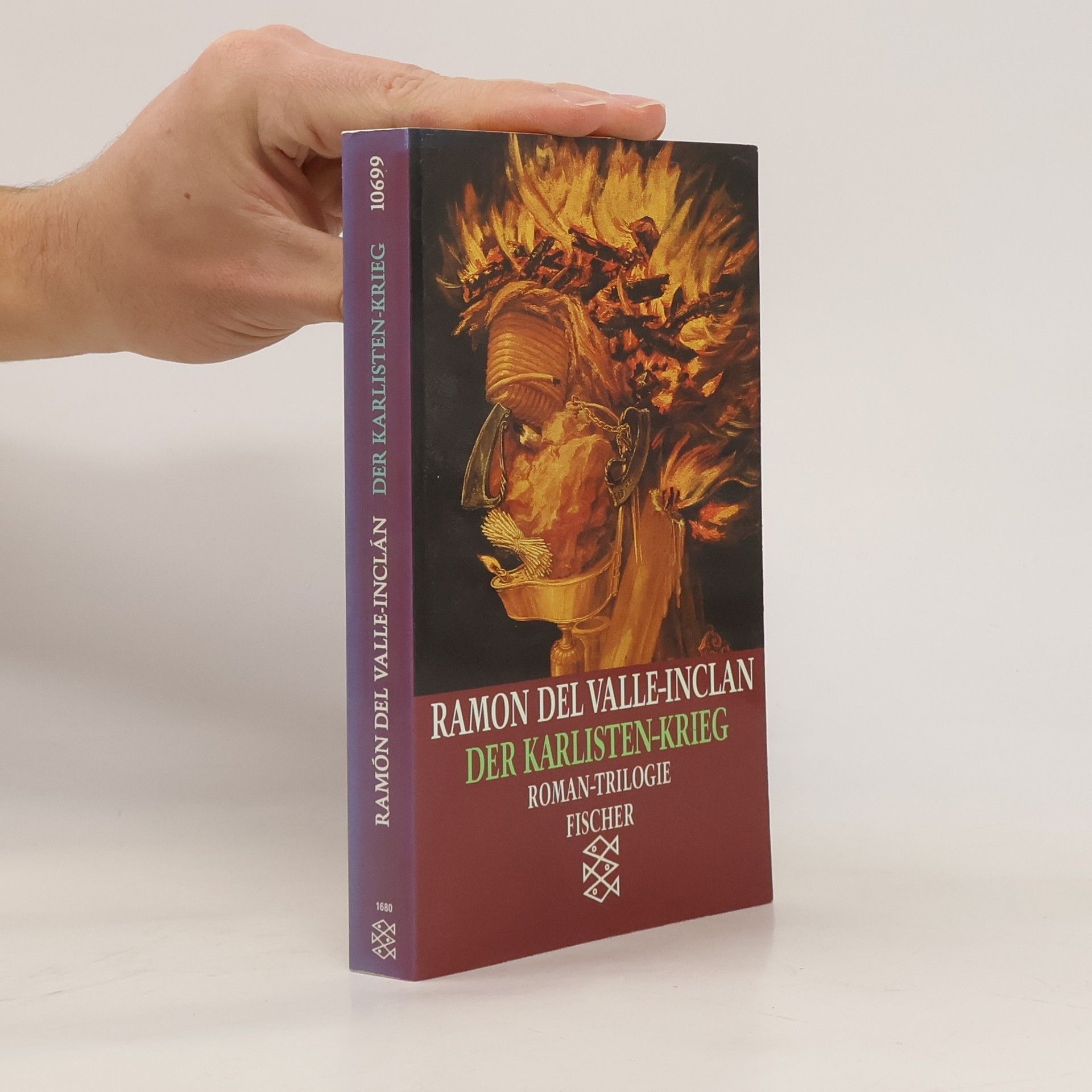

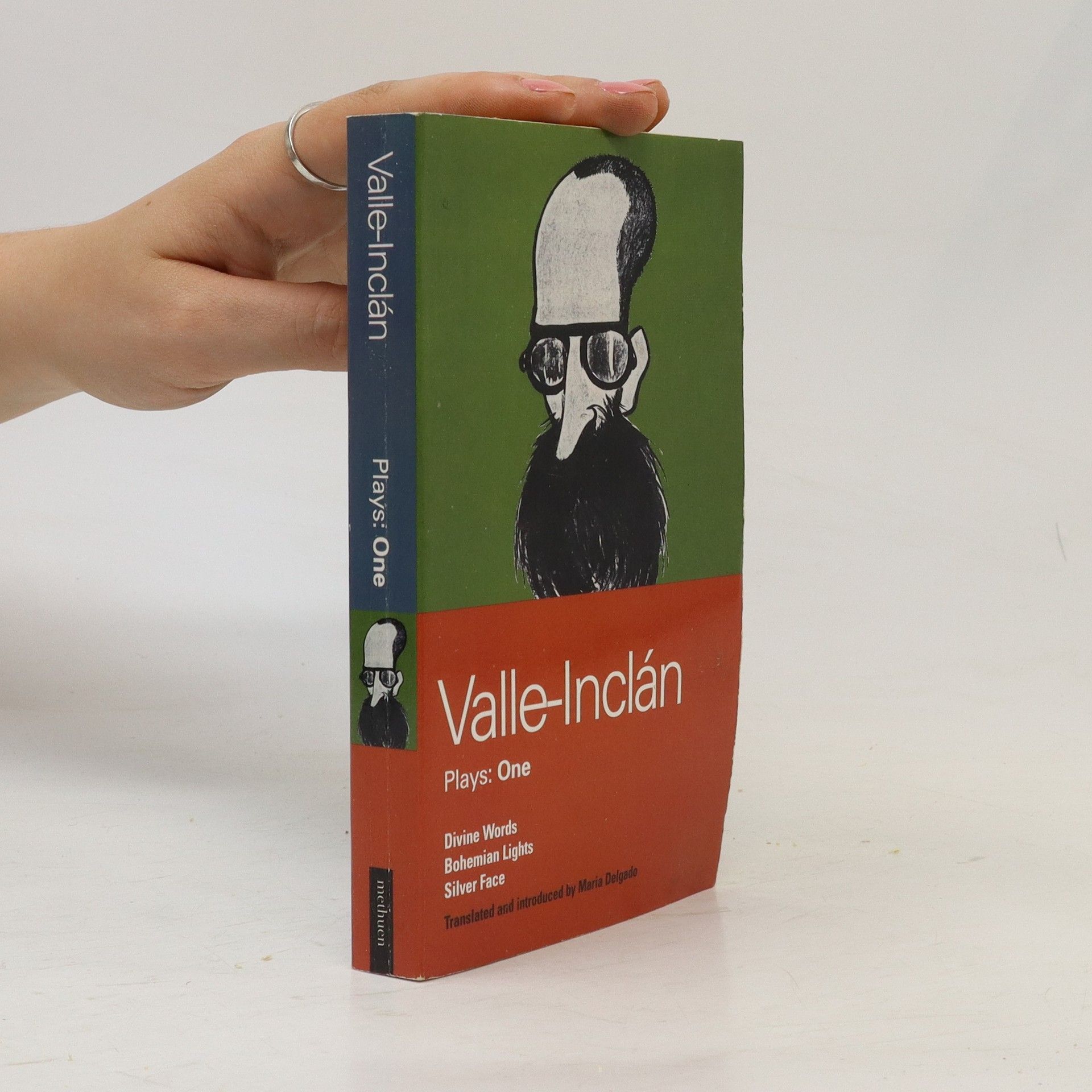

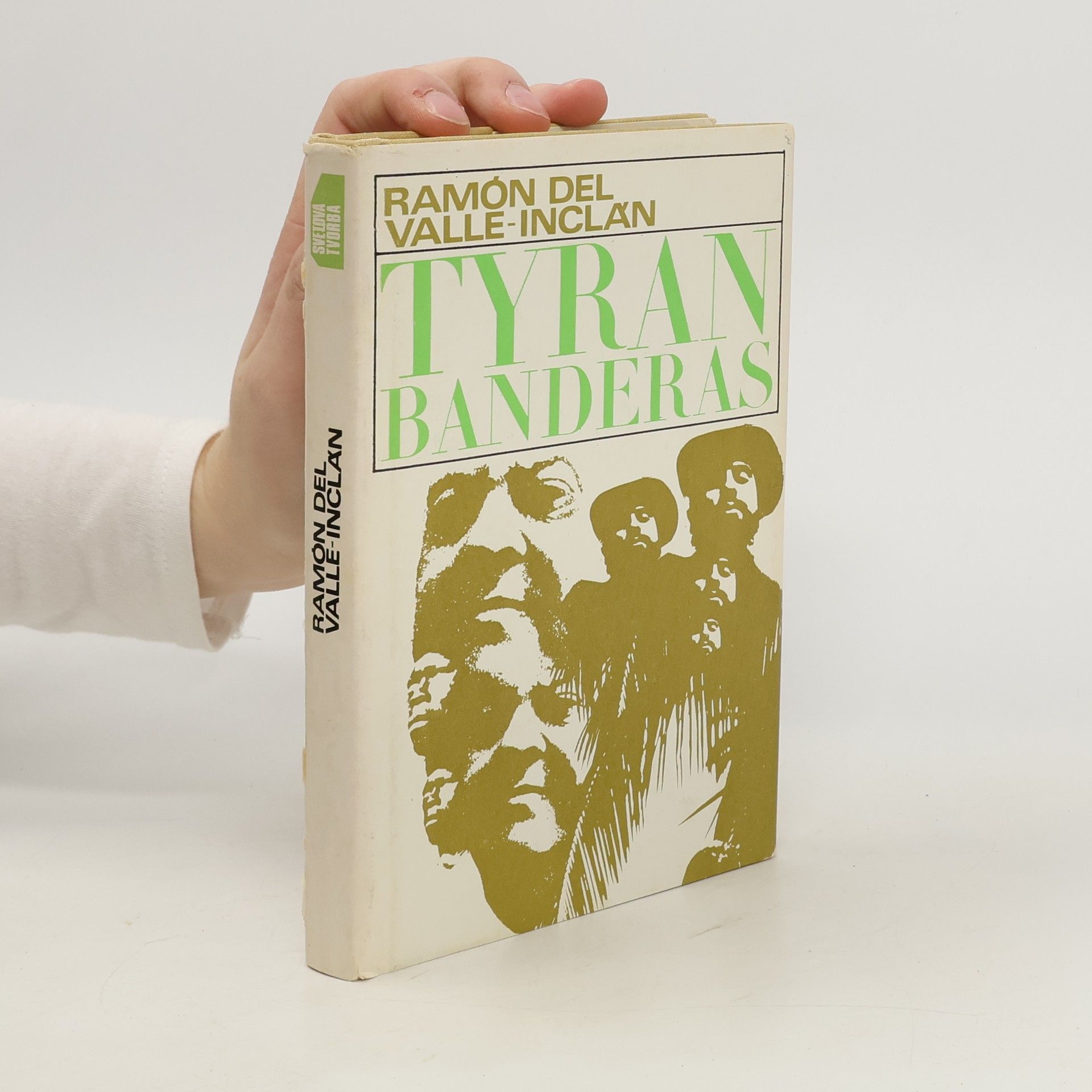
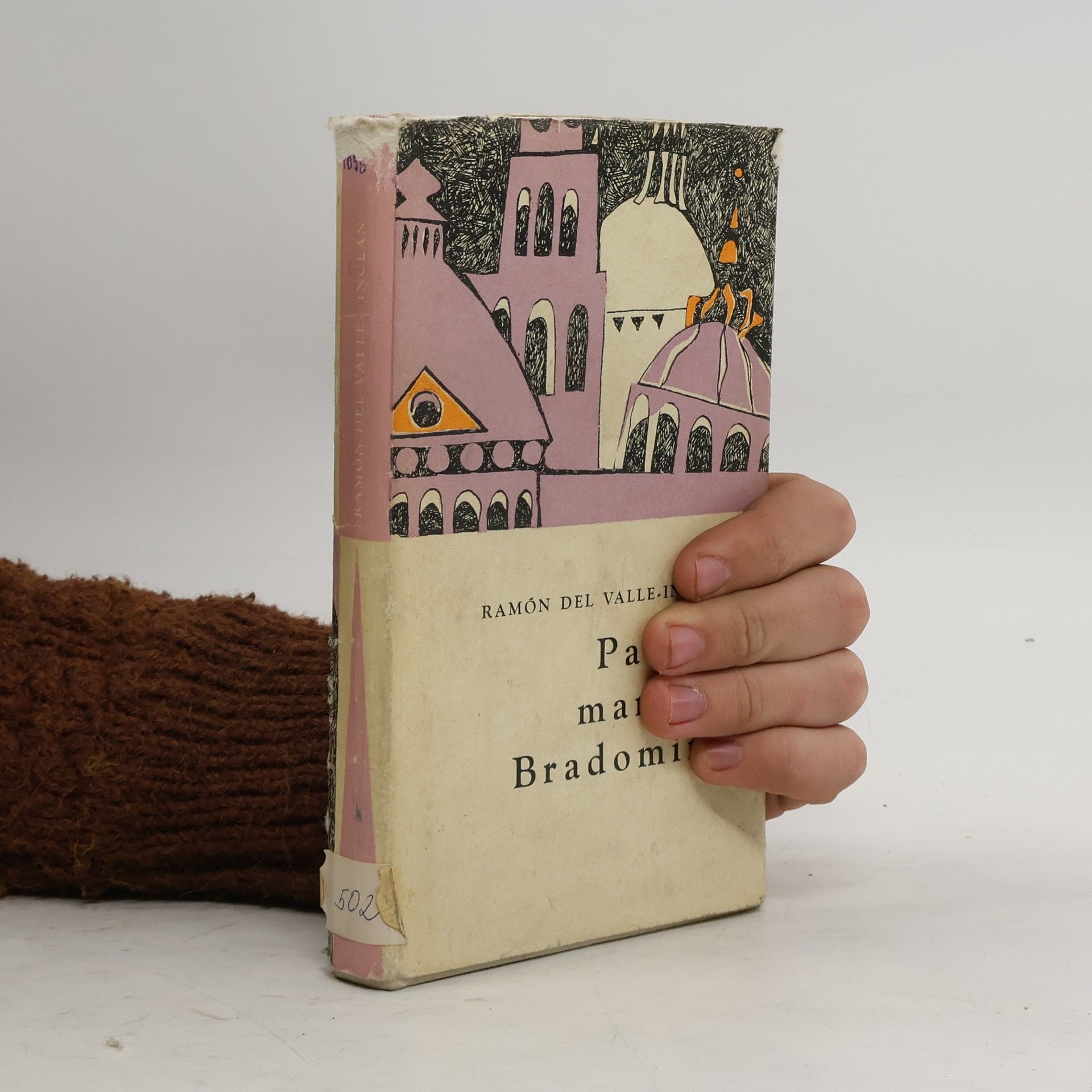
Románové zpracování Pamětí španělského markýze De Bradomin.
Valle-Inclan Plays One
- 273 stránok
- 10 hodin čítania
This collection of plays is from the work of one of the major Spanish voices of this century, Ramon Maria del Valle-Inclan. He was a major influence on the early work of Lorca and the film-makers Luis Bunuel and Carlos Saura.
Frühlingssonate
Memoiren des Marqués de Bradomín
Als junger Mann wird Marqués de Bradomín auf Weisung des Papstes an den florentinischen Hof Liguras entsandt. Der Herr der Stadt soll aus seinen Händen den Kardinalshut empfangen. Doch der Empfänger liegt im Sterben, und als Marqués de Bradomín die älteste der fünf bildhübschen Töchter der Fürstin erblickt, ändern sich seine Pläne. Die Verführung María Rosarios, längst dem Kloster versprochen, nimmt seinen Lauf. Doch sein Geschick, sein Wille, das Spiel mit Schuld und Imagination kostet ein Opfer, das nicht wiedergutzumachen ist. Vier den Jahreszeiten gewidmete Kurzromane schrieb Ramón del Valle-Inclán zu Beginn des 20. Jahrhundert als zentrale Figur des Modernismo, Frühlingssonate der bekannteste. In melancholischer, die feinste Schwingung, Regung, Alteration vermittelnder Sprache verwandelt er den Don-Juan-Mythos in einen Urtext der der spanischen Moderne.
Esta novela clásica trata del dictador de un país imaginario de América Latina, que por un acto terriblemente equivocado se aisla de sus aliados, y solo y amargado tiene que enfrentarse a las iras de su pueblo
Ana Navarro y Josefina Ribalta han realizado con éxito la edición didáctica de este Don Álvaro o la fuerza del sino. Su introducción adelanta los conocimientos necesarios sobre el teatro romántico. Su análisis final se centra en las cuestiones más relevantes del Don Álvaro. Y entre sus notas explicativas merecen destacarse aquellas que ponen en relación este drama con los más importantes del Romanticismo español y con aquellos otros aspectos heredados del teatro del Siglo de Oro.
Valle-Inclán escribió, en 1920, esta obra, con la que quedó inaugurada una nueva manera de ver la realidad: el esperpento. Personajes exagerados y situaciones grotescas se suceden a lo largo de los dos días en los que el poeta ciego Max Estrella, junto con su amigo Latino y el resto de personajes nocturnos, pululan por el Madrid más sórdido.Ramón del Valle-Inclán es considerado el gran maestro de las palabras, autor de obras tan conocidas y paradigmáticas como Las Sonatas, Divinas palabras o Voces de gesta.Con motivo de la edición número 50 de esta obra en Austral y del aniversario de la muerte de su autor, Espasa lo celebra con el lanzamiento de esta edición especial que incluye un cuadernillo de ilustraciones y un prólogo de Joaquín del Valle-Inclán.

